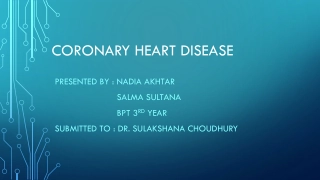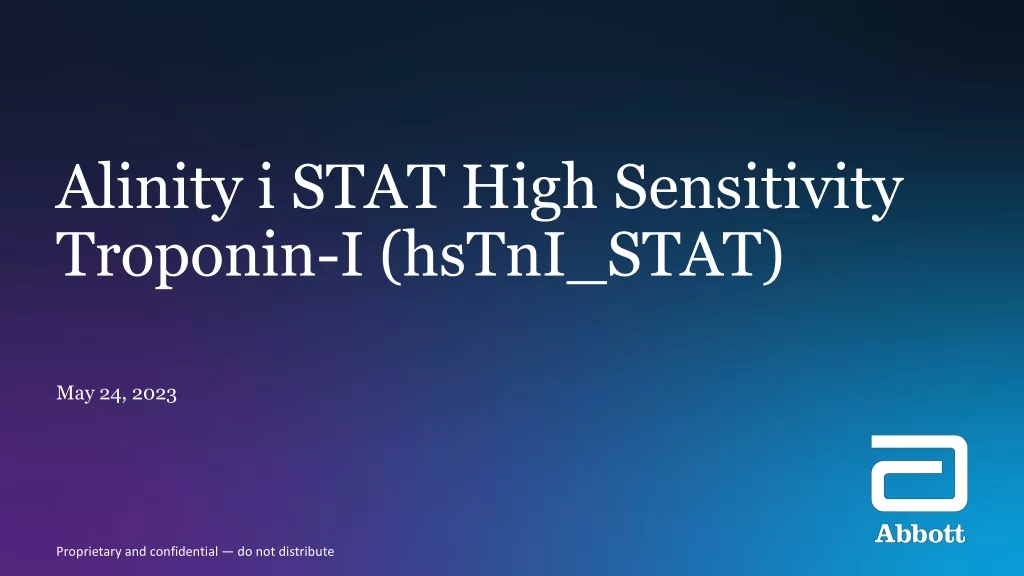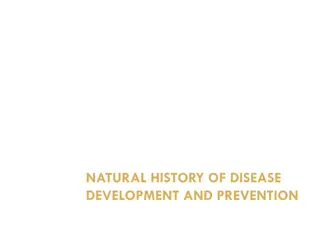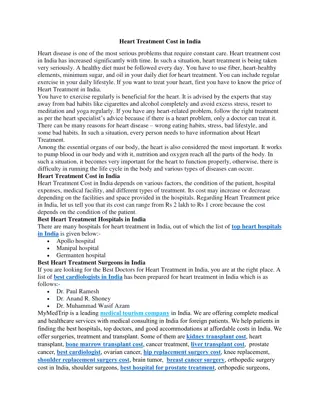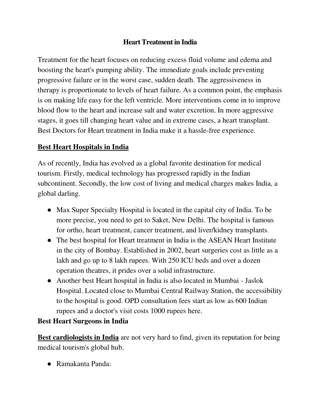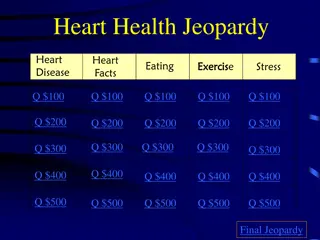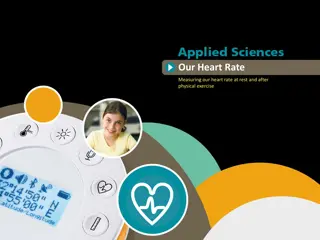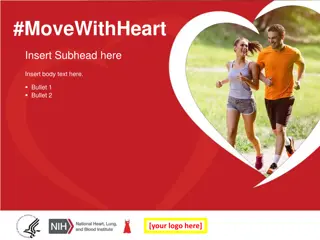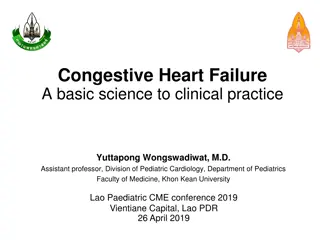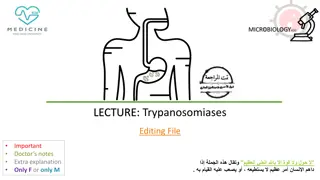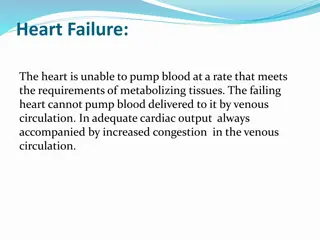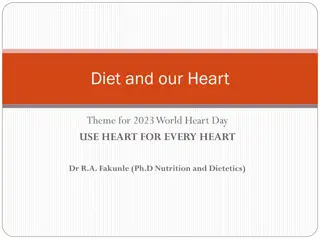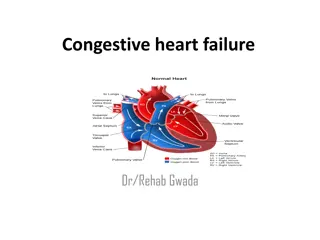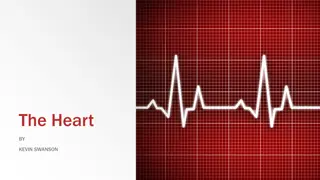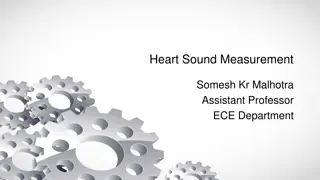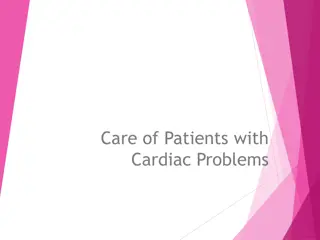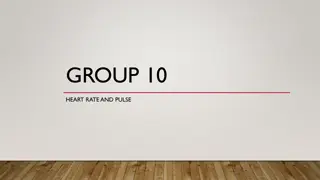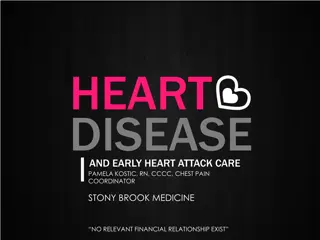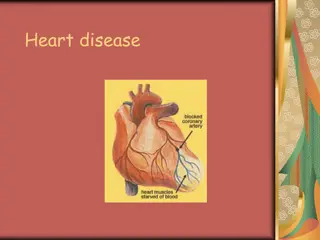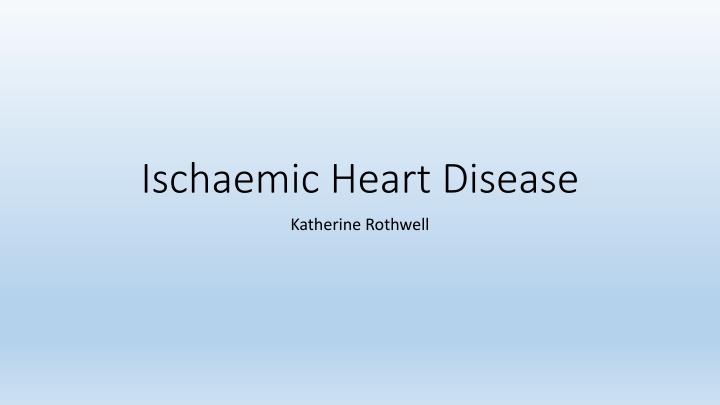
Ischaemic Heart Disease: Diagnosis and Management
Ischaemic heart disease (IHD) is a common condition characterized by reduced blood supply to the heart muscles. This article discusses the diagnosis and management of IHD, including symptoms, risk factors, and treatment options such as lifestyle modifications, medications, and secondary prevention strategies.
Download Presentation

Please find below an Image/Link to download the presentation.
The content on the website is provided AS IS for your information and personal use only. It may not be sold, licensed, or shared on other websites without obtaining consent from the author. If you encounter any issues during the download, it is possible that the publisher has removed the file from their server.
You are allowed to download the files provided on this website for personal or commercial use, subject to the condition that they are used lawfully. All files are the property of their respective owners.
The content on the website is provided AS IS for your information and personal use only. It may not be sold, licensed, or shared on other websites without obtaining consent from the author.
E N D
Presentation Transcript
Ischaemic Heart Disease Katherine Rothwell
Case 1 65 yr old female PMHx : Eczema, is a smoker 20/day Comes to see you complaining of central chest pain Present past few months. Comes on when gardening or when outside in the cold Settles if rests Not SOB and no radiation O/E HR 75 regular, Sats 96% BP 150/88, HS normal, Chest- clear What is the diagnosis? What would you do?
Angina Angina Affects 2% of the population of the UK. Incidence increases with age Male > female CAUSES Mostly atheroma of the coronary arteries Anaemia Aortic stenosis Tachyarrhythmias HOCM Arteritis/small vessel disease Thyrotoxicosis
Angina: Diagnosis Angina: Diagnosis Typical symptoms Constricting discomfort in front of the chest, neck shoulders, jaw or arms Triggered by physical exertion Relieved by rest or GTN within 5 mins Typical angina- all 3 features Atypical angina 2 features Non-anginal chest pain one or none of the features Other risk factors : inc age, male sex, smoking, diabetes, HTN, dyslipidaemia, FHx of premature CAD, h/o established CAD
IHD Investigations IHD Investigations Resting ECG Bloods Lipids, FBC, Hba1c, U+E, LFTs, TFTs CVD risk Usually refer to cardiology- RACP Can provide GTN spray and consider Aspirin Safety net for any symptoms of MI/ACS
IHD : Management in primary care IHD : Management in primary care Lifestyle: exercise, diet, smoking, driving and occupation Medication : GTN Betablocker or Calcium- channel blockers to reduce symptoms of stable angina If both CI or not tolerated, long acting nitrate (ISMN), Nicorandil, Ivabridine Review response 2-4 weeks after starting Secondary prevention Consider Aspirin 75mg od Statin ACEI
Case 2 80yr old male PMHx : Angina, HTN, DM Seen as emergency in morning surgery at 11am. Reports episode of chest pain whilst watching football at 8pm last night Felt like angina pain, but came on at rest and didn t go with GTN. Lasted 30 minutes then settled No further pain since O/E BP 126/78 HR- 80 sats 96%. HS normal, Chest- clear What is the diagnosis? What would you do?
Acute Coronary Syndrome/Myocardial Acute Coronary Syndrome/Myocardial Infarction Infarction History Pain in chest (or arms, back or jaw) lasting longer than 15m Assoc with nausea and vomiting, sweating or breathlessness or combination of these Assoc with haemodynamic instability (e.g. systolic <90) New onset pain, or abrupt deterioration of stable angina, with pain occurring frequently with little or no exertion and often lasting longer then 15m
Suspected ACS/MI assessment Suspected ACS/MI assessment Most people require referral or admission to hospital to confirm the diagnosis of ACS/MI An ECG and blood test for highly sensitive troponin to confirm diagnosis In GP land : Examine the patient Do an ECG
Suspected ACS/MI :Management Suspected ACS/MI :Management Admission (Consider ambulance): Abnormal clinical features rr>30, hr 130, low BP, low 02 sats, high temp If current chest pain Complications pulmonary oedema Are pain free, but pain within 12hrs and abnormal ECG or if ECG not available Offer GTN and Aspirin if in pain
Suspected ACS/MI Management not requiring Suspected ACS/MI Management not requiring ambulance ambulance Refer for same day assessment if : Chest pain in last 12hrs and normal ECG and no complications Chest pain 12-72 hrs and no complications Within 2 weeks ref: Suspected ACS,now pain free, chest pain more than 72 hrs and no complications Use clinical judgement, interpretation of the 12-lead resting ECG, and high- sensitivity blood troponin measurement to decide how urgent this referral should be consider discussing prior management with a cardiologist
Myocardial Infarction: Management in Primary Myocardial Infarction: Management in Primary Care Care Lifestyle advice :alcohol, cardioprotective diet, exercise, loosing wt, stopping smoking Cardiac rehab Medications: Aspirin/Clopidogrel (both for 12m after NSTEMI, just 4 weeks after STEMI depends on stent) ACEI Beta blockers Statins (reduce cholesterol to 5 or LDL <3 or 30% reduction)
Primary Prevention of IHD Primary Prevention of IHD Estimate CVD risk Framingham JBS QRISK www.qrisk.org Looks at multiple factors to determine 10 year risk of having MI/CVA
Lowering CVD risk : lifestyle changes Lowering CVD risk : lifestyle changes Loosing weight to get BMI 25 Reduce fat intake 5 portions fruit and veg a day Limit alcohol intake to <14units a week Reduce salt intake <6g/day Regular exercise 30 minutes + aerobic activity most days Smoking cessation
Lowering CVD risk : Treatment options Lowering CVD risk : Treatment options Statins if CVD risk 10% (atorvastatin 20mg) Treatment of hypertension according to NICE

